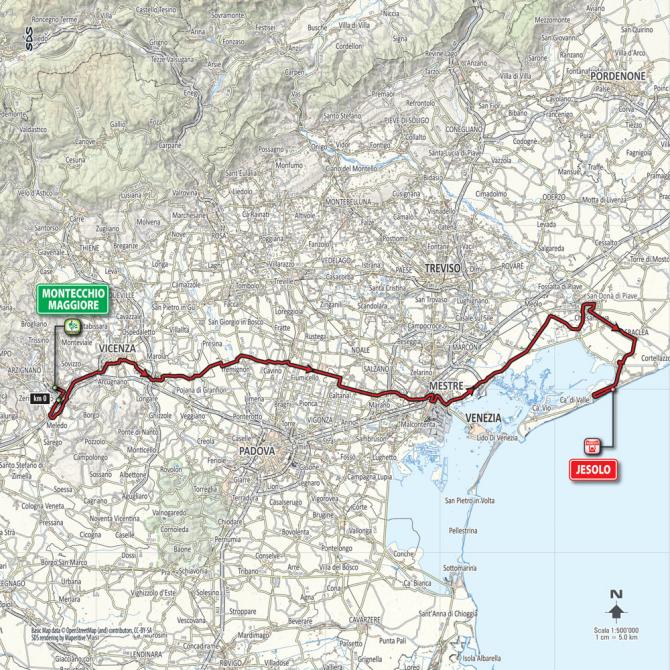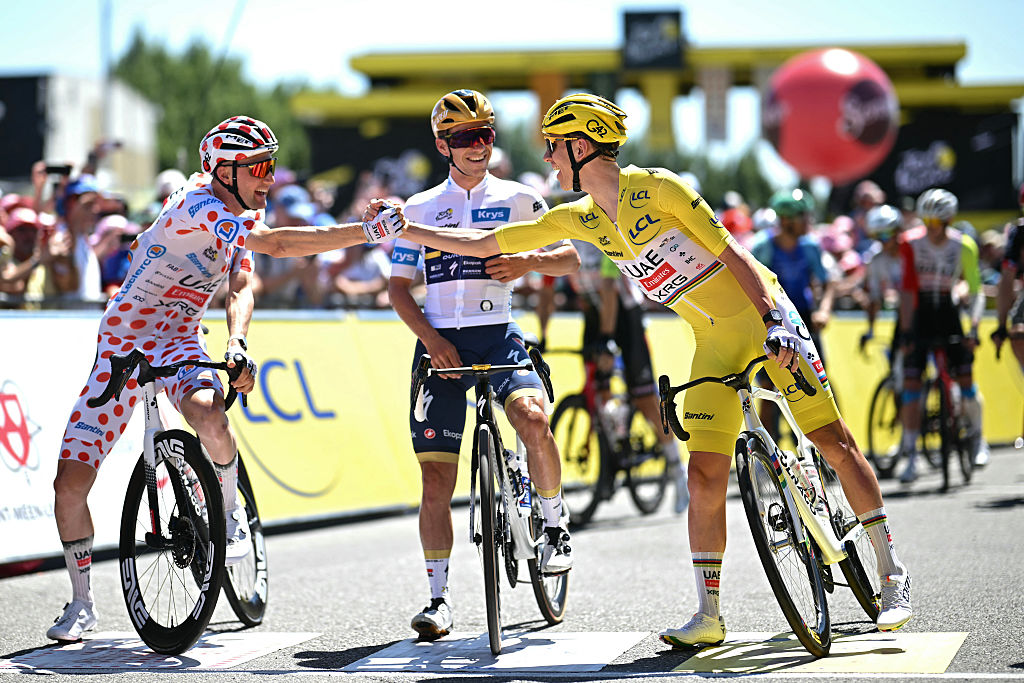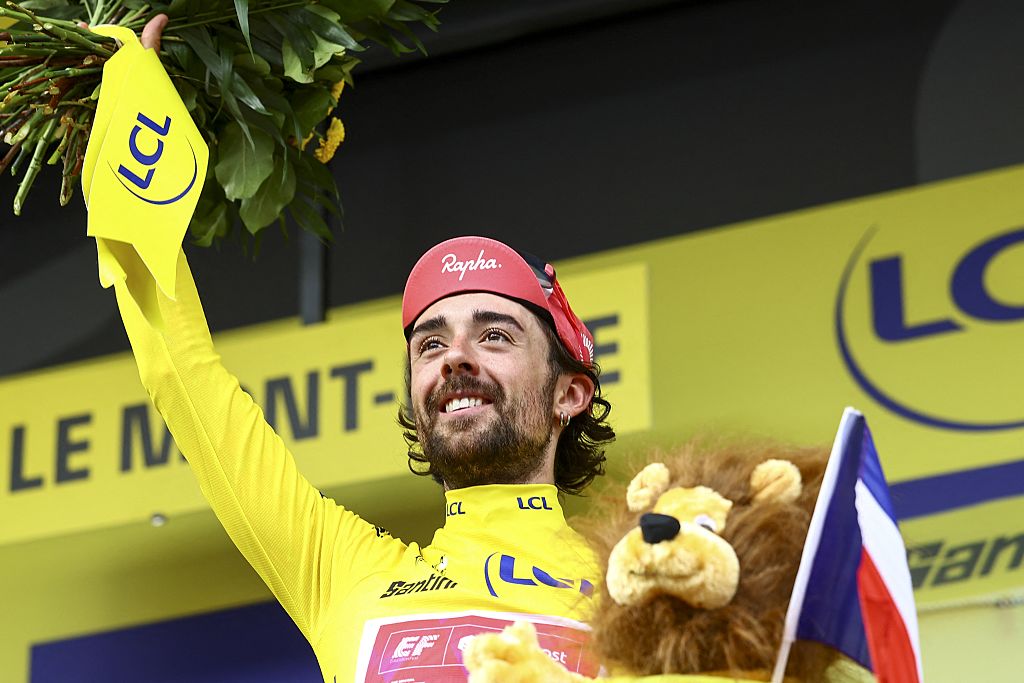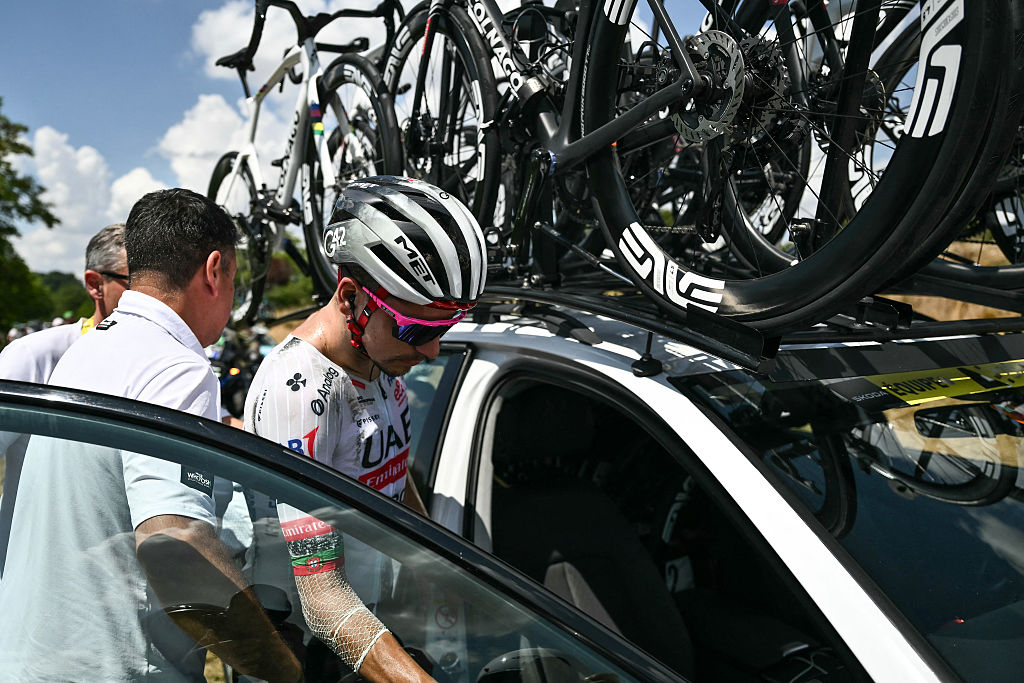Giro d'Italia 2015: Stage 13 preview
Map and profile
Laghi says
A lot depends on the individual rider on days like these. I didn’t really like them because most of my teams didn’t have a sprinter and the group generally stayed together. There was no such thing as a sprint train back then and at most the sprinters had one guy who would lead them out. So in effect gregari like me were just riding our bikes from one place to another.
In some respects days like these are contrary to a professional cyclist’s mentality. Cyclists need to race and their bodies need to become accustomed to racing. I’ll give you an example. At the 1971 Giro we did 3,600km with no rest day and that was an extremely mountainous Giro. The first few days were hard, but I always felt better as we got further into the race. We finished in Milan on 10 June and started the Tour de Suisse in Zurich the following morning. So it was 32 days solid racing and as far as I know that’s still a record…

Moment in time
When the Giro includes a stage finish at Jesolo, on the Venetian Riviera, there’s one inevitable consequence. So it was in 1970, in 1987 and 1988, and so it will be in 2015. Two words: bunch sprint. So it was, also, in the great Giro of 1955.
That edition is remembered principally for two reasons. By now it was common knowledge that the use of the euphemistically named ‘bomba’ (a mix of caffeine, cola and amphetamine pills) was an accepted practice within the gruppo and it predicated a shortening of the stages. Most famous, however, is Fausto Coppi and Fiorenzo Magni’s 11th hour mugging of poor, gullible Gastone Nencini. He had the pink jersey headed into the final stage, but the old lions isolated him on the road to San Pellegrino and then, when he punctured, rode a two-up time trial to deprive him of victory. It was Magni’s third Giro, and Coppi’s swansong.
Before that, however, Rino Benedetti had won by the seaside. In the absence of the big foreign sprinters, the blonde Tuscan was the fastest man in the race. He’d won in Perugia and accomplished it again here without particular to-do. Benedetti was by no means a great sprinter but that’s not the issue. What’s significant is the way he won, because it heralded the beginning of what would develop into the sprint trains we see today. Benedetti wasn’t led out as such, but he was certainly led into the gallop by the shoulder-barging heavyweights of his Leo team.

The latest race content, interviews, features, reviews and expert buying guides, direct to your inbox!
Latest on Cyclingnews
-
How to watch the Tour de France 2025: TV, Streaming, official broadcasters
Where to watch the biggest race in the world this July -
'It's a fairytale' - Ben Healy makes history joining prestigious list of Irish cyclists to wear yellow jersey at the Tour de France
'It's pretty crazy footsteps to follow and I'm just super proud to represent Ireland' says EF Education-EasyPost all-rounder in Le Mont-Dore Puy de Sancy -
Tour de France: Simon Yates solos to victory on stage 10 as yellow jersey changes hands again
Breakaway succeeds on tough stage to Puy de Sancy -
Tour de France abandons: Søren Wærenskjold latest to drop out of 2025 race
João Almeida will be a significant absence for UAE Team Emirates-XRG after departing race on stage 9




